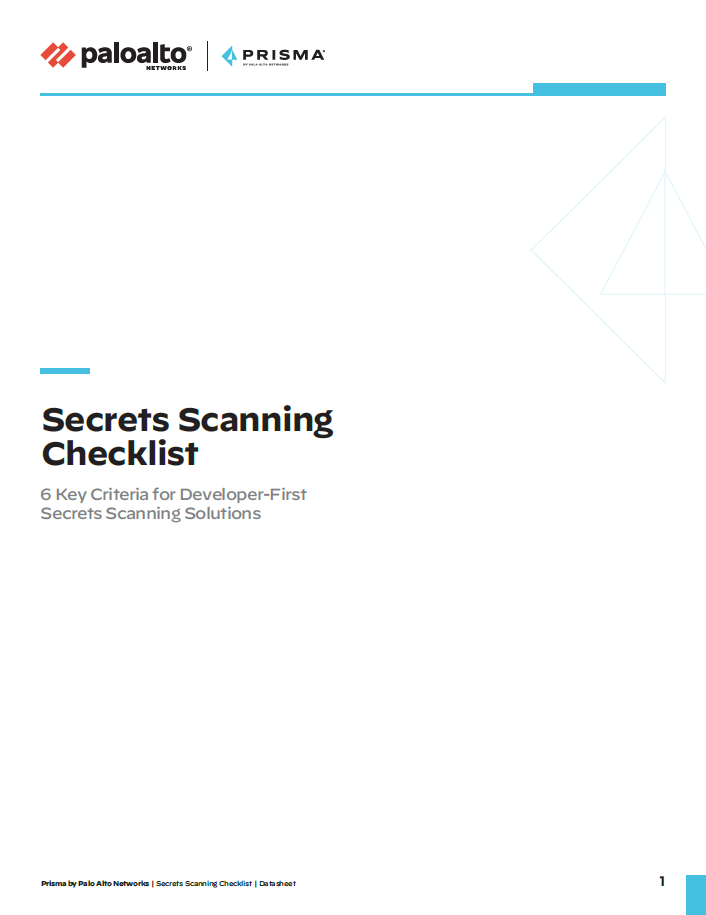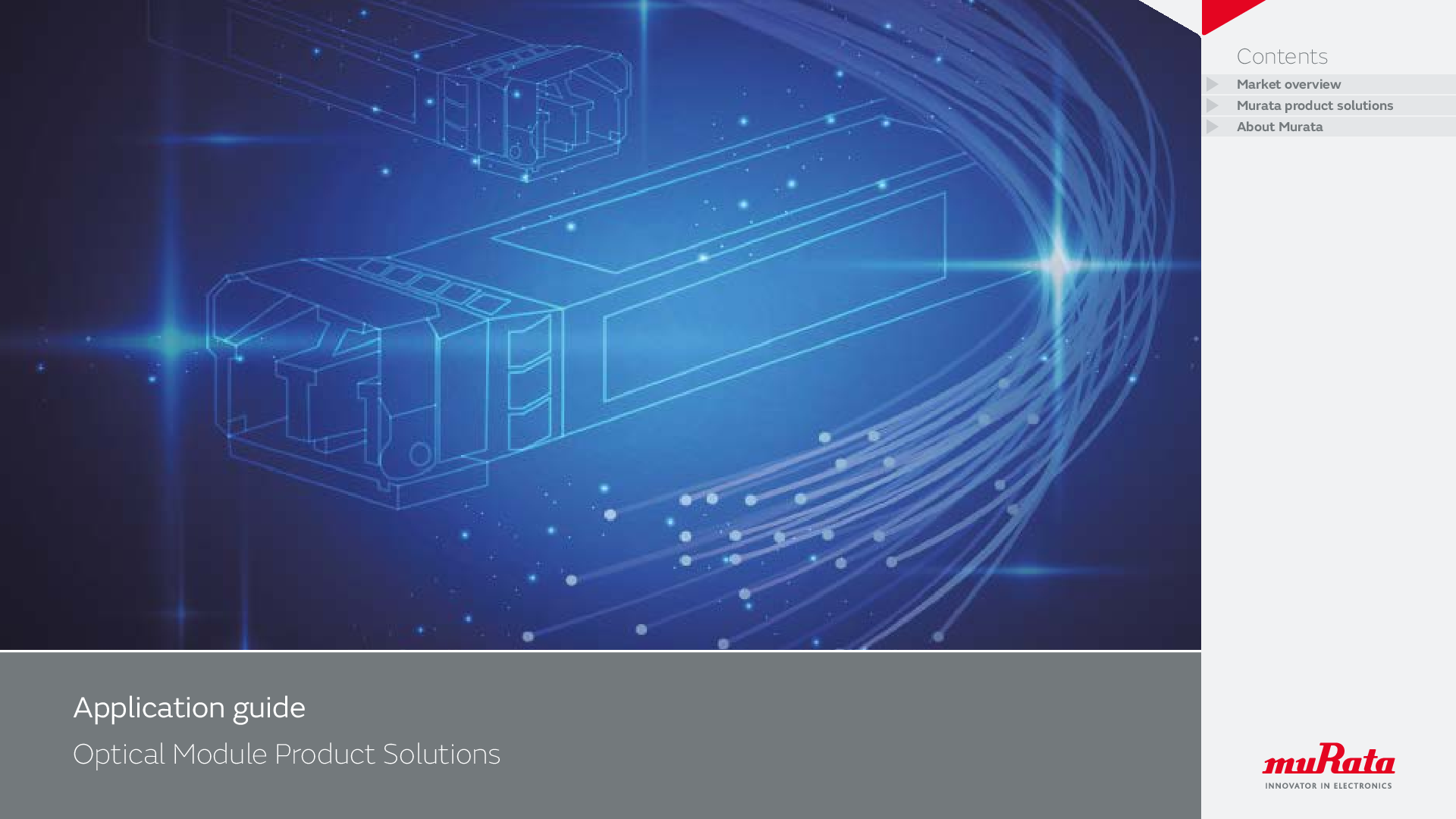

Secrets Scanning Checklist
Developers and DevOps teams need readily available credentials so that they have the access they need to do their jobs. But if those credentials are not locked down, that can lead to the wrong people gaining unauthorized access. And because hardcoded secrets are easy to overlook, it's common for teams to have exposed credentials without even realizing it.
To protect your secrets wherever they are, you need a holistic secrets management strategy that empowers your security organization with multidimensional and developer-first feedback. And building that strategy requires adopting some key best practices.
With this guide, you'll get actionable tips to help you eliminate exposed credentials from code to cloud and across your entire cloud-native stack.
Download the checklist to learn how to:
• Adopt a multidimensional approach to secrets scanning.
• Surface exposed credential alerts in developer tools and workflows.
• Minimize noisy alerts and false positives.
• Identify secrets in both application code and infrastructure as code (IaC) files.
• Connect your secrets management and runtime cloud security efforts.




